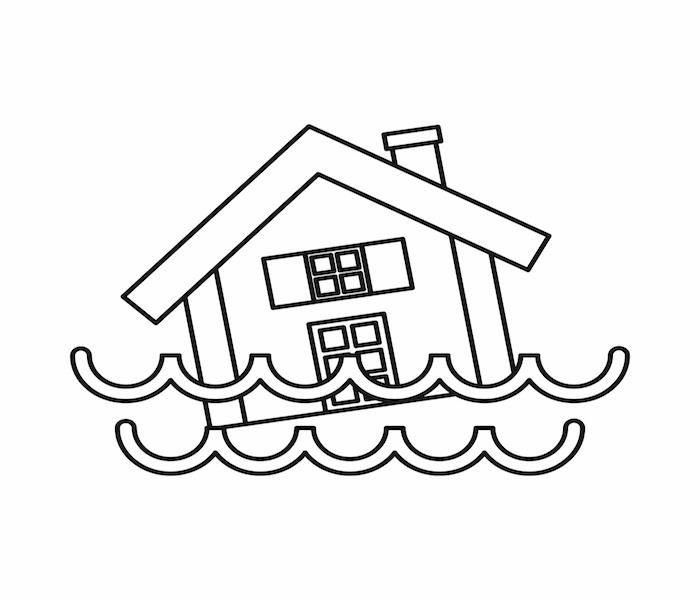Safety Tips Following a Flood
7/18/2016 (Permalink)
A flooded home is a devastating event for any homeowner. It has the ability to ruin many of your possessions in addition to your property itself. Due to the fact that water damage can quickly become permanent if not addressed as soon as possible, if you do suffer flood damage to your home, it’s important that you call the professionals at SERVPRO to help restore the home. However, there are some things that you can do before they arrive. Here are some things you can do immediately after a flood to start the restoration process.
Call Your Insurance Agent
Regardless of how bad a flood has hit your home, it’s likely done some significant damage to some of your possessions and to the structure of your home. Soon after you recognize the damage, you should call your insurance agent. Most water damage in the home is covered by homeowner’s insurance policies but you’ll want to contact them to make sure as there could be exclusions.
Check Before Entering Home
Before you re-enter your home after flood damage, check for any structural damage that may have occurred. Severe flooding or water damage has the ability to compromise the integrity of the structure. If you enter the home without closely inspecting what you’re walking into, the building could potentially collapse, trapping you inside. Once you’ve entered the home, you should be very careful about where you’re walking, especially if you’re moving from carpeting onto a hard surface.
Document Evidence
Once you have entered the home, document the evidence of that damage that has been done by taking photos of it. If there are any questions, particularly by your insurance company about the validity of your claim, you’ll have evidence to show them. While you document the damage, save any items that you can. Some items, such as porous materials, may have been damaged beyond repair. When the SERVPRO crew arrives to restore the home, they’ll save as many items as possible. But if there are items that have not been damaged, you can take them out to avoid any further potential damage.
Take Inventory
While you’re examining the damage that has occurred in your home, make a list of the damage or lost items in the home. Make sure to include the date they were purchased and their value with any receipts you may have. Store that list with any inventory of your possessions that you may have taken before the flood. If any of your possessions must be disposed of, which some may, make sure you have photographs of the items.
Turn Off Power
After the flood damage occurs, turn off all power, especially to the affected rooms. Also refrain from using any electrical appliances as you could electrocute yourself if you’re standing in water. Keep the power to the home off until an electrician can come and thoroughly inspect the system to ensure it’s safe to turn back on again.
Boil Water
Boil any water that you plan on using for drinking or food preparation until the authorities say it’s safe to consume without boiling. Depending on the type of water damage (clean, grey, or black), it may be a while before water can be safely ingested by the residents.
Prevent Mold
Mold thrives in environments where moisture is present which makes flooded parts of a house ideal for mold growth. The existence of mold in a home can be hazardous so it’s important to prevent the mold from growing if at all possible. Removing any wet contents from the home as soon as possible will help to prevent such mold growth around the home.
Proper Protection
Regardless of how well you think you can clean up after a flood, you should call the professionals at SERVPRO to ensure that as much of your property is salvaged as possible. But if you do decide to start the cleanup process before they arrive, it’s important that you are properly attired. Wear long sleeves, pants, gloves, and boots when dealing with flood water to ensure your safety.
If you suffer flood damage in your home, you should contact the professionals at SERVPRO to clean up. But if you want to get the process started prior to their arrival, these tips will help you remain safe.






 24/7 Emergency Service
24/7 Emergency Service
